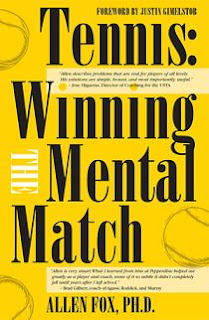We all have so much to be thankful for as we look back at another year's past. I am thankful for being given the opportunity to teach and coach at what I consider the best place on earth.
I hope you are all having as much fun coaching basketball as I am having this season. For me, just having the chance to call the shots has been exhilarating enough. After an early stint as a head coach 7 years ago, and then assisting in various capacities at various levels for the past 7 years -- to be finally back at the helm this time around feels so much better. I often look back at that first stint and obviously I was too young and inexperienced, but I really needed to get my butt kicked (for lack of a better expression), then go and observe some other coaches (some better than others) do their thing, before knowing how to and how not to do things.
Do I still have doubts about the decisions that I make as a head coach now? Absolutely, but I make the decisions having experienced so much more this time around. As for how our team is doing so far this season? We're still inconsistent, but we've certainly had our moments. Such as the game-tying-send-it-to-OT then win it in OT win on the road, against Steve Nash's old high school coach to boot. And then there was the 30 point come from behind almost win (lost by 2 points with the ref calling an illegal screen on our game-tying possession) last week. It hasn't all been sunshine and roses though, for example I've also had to deal with multiple discipline issues with players on the team, academic and social. But overall, it's been a fantastic ride, and I'm not only looking forward to how we finish in March, when it counts -- but most importantly how these boys develop into the fine upstanding men that I know they can be.
I want to wish all the readers a very happy holidays. And for you coaches out there, be sure to thank your family members for putting up with our random mood swings, grumpy misdemeanor after losing, and for just being there when we need you. May all of your coaching dreams come true in 2012.
P.S. A big shout out to my current mentor, head varsity coach and athletic director, Rich Goulet who notched his 1000th career win last week.



